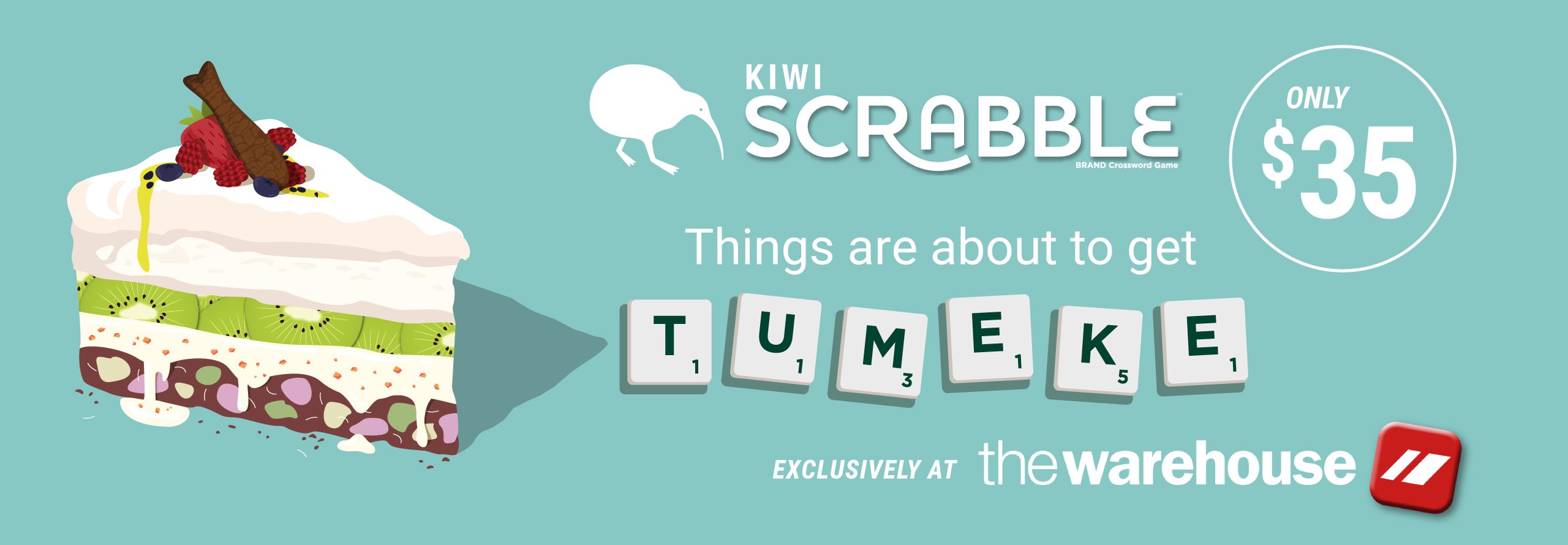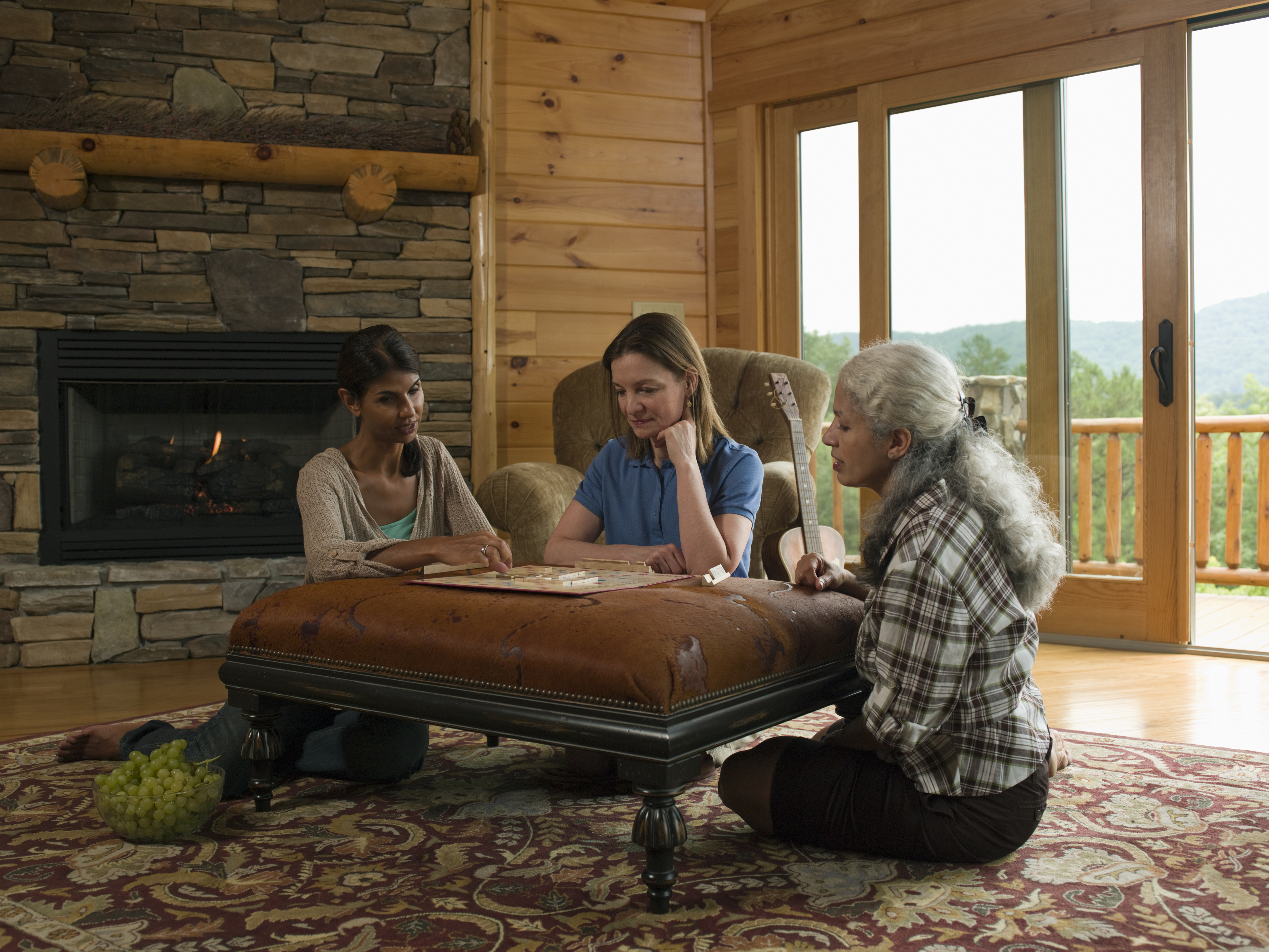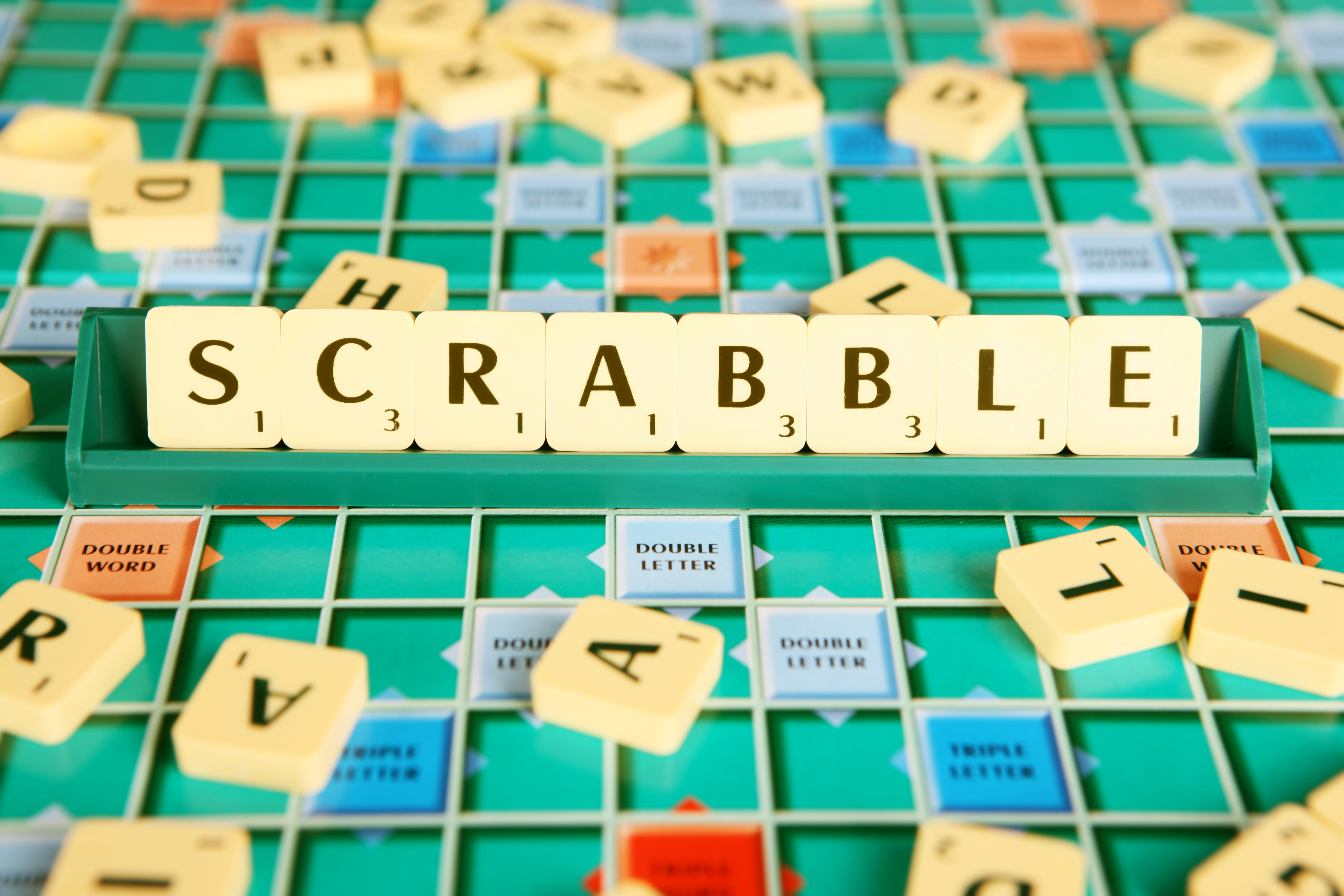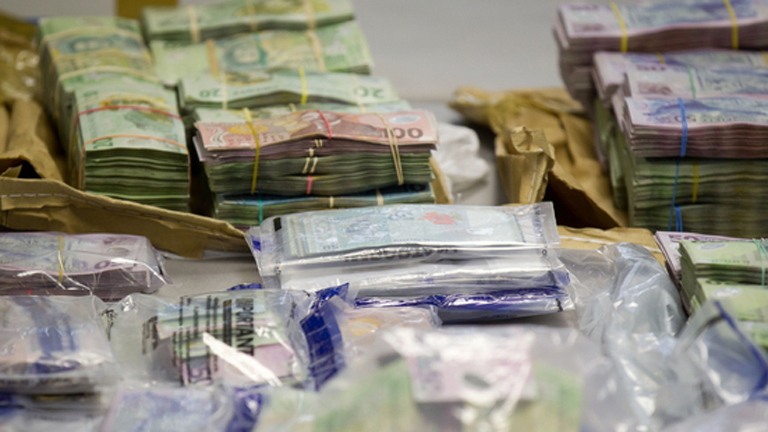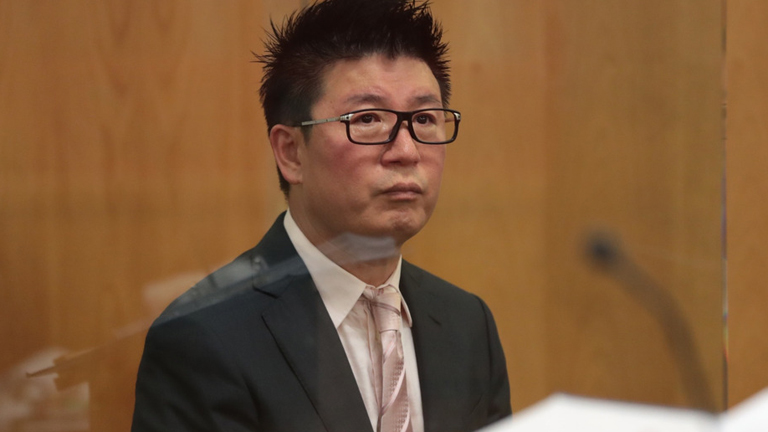What's in a Word - The Evolution of the Kiwi Language
In 1969 when a man named Philip Sherry read the news on NZBC TV you could have been forgiven for thinking you were watching a broadcast from London.
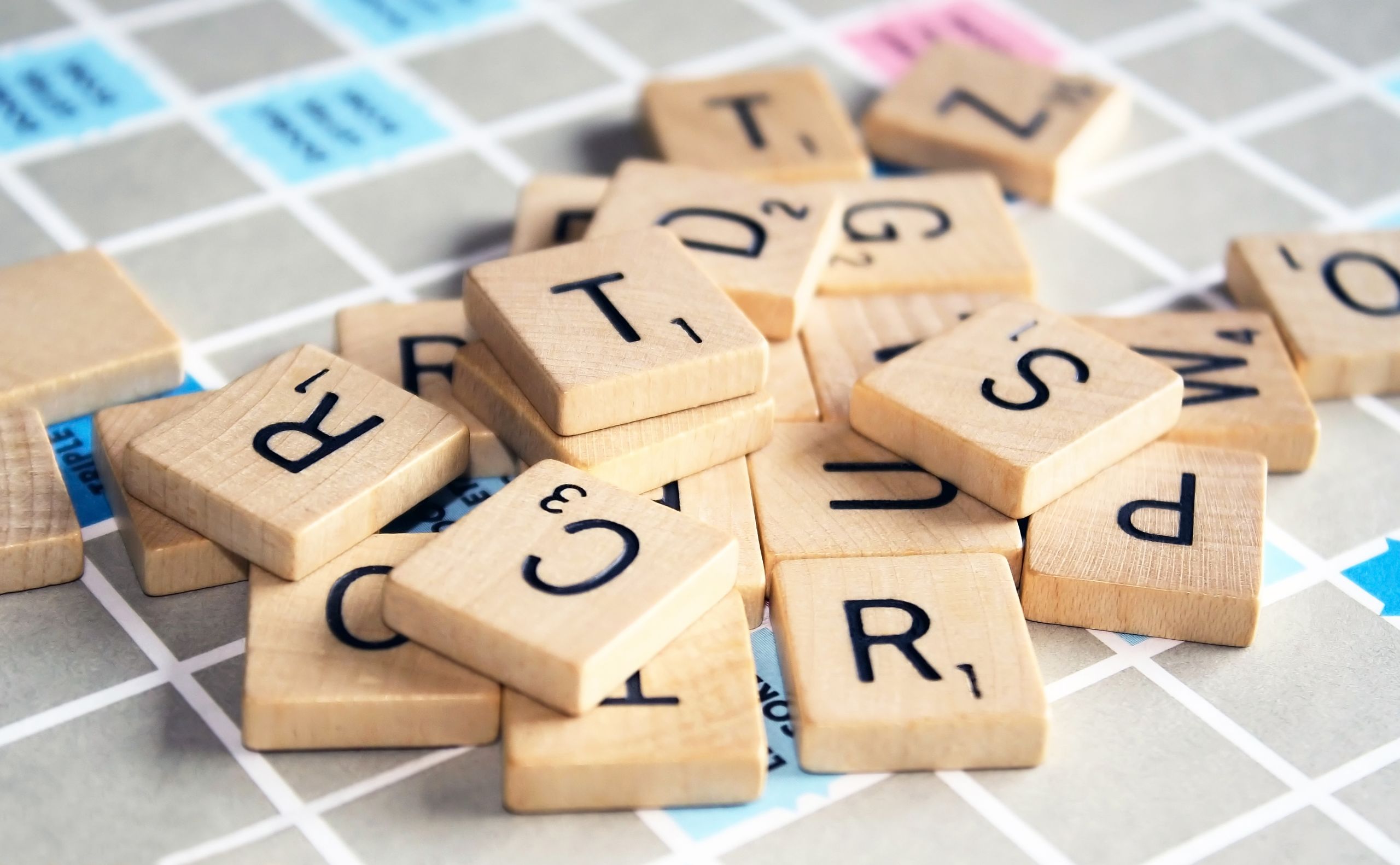

That’s because for many years New Zealand broadcasters were trained in what was known as British Received Pronunciation. Fast forward four decades and, on the same channel, we see Daniel Corbett, a former BBC TV host, attempting a live weather report in Te Reo. Things have changed.
It was only natural Kiwis would want to leave the safety net of Mother England and make their own mark on the world. Much like our dress compared to those New Zealanders who lived in the ‘40s and ‘50s, our speech also became far less formal. Over time we shortened our vowels, abbreviated words, added ‘eh’ to almost every sentence, and created a few baffling sayings of our own.
And we had a lot of fun with it. Thongs became jandals, backyard toilets became long drops, and speed humps became judder bars. We now take visitors on tiki tours (a sightseeing journey) to the wop wops (boonies, back of beyond, forget wifi) to visit rellies (uncles, aunts, relatives) we haven't seen in yonks (donkeys’ years.) If you really want to confuse the average foreigner, ask for a ‘doggie bag’ at the end of your meal then tell them you’re going to ‘fang it to the dairy in your munted dunger.’
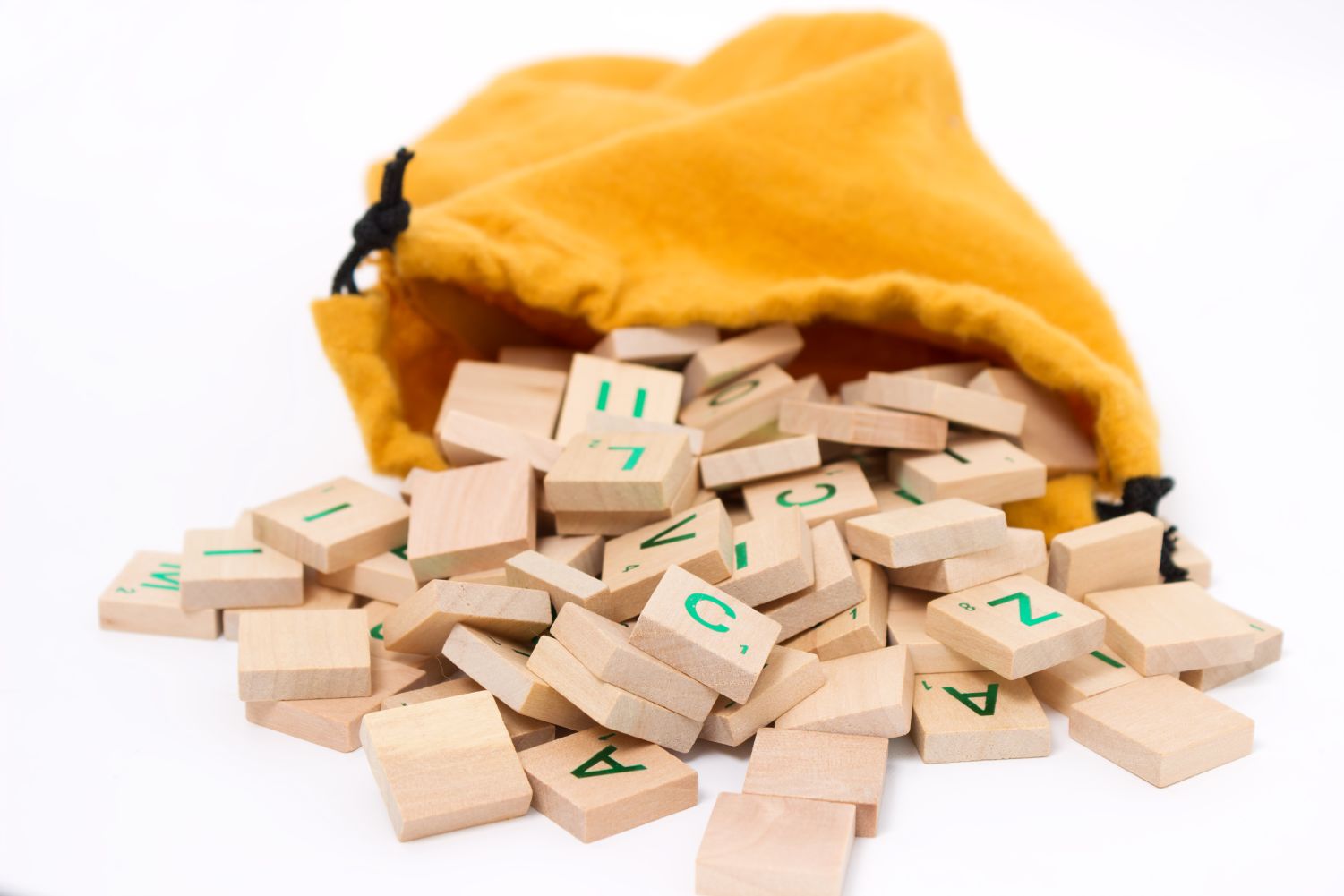
Picture / Supplied.
Picture / Supplied.
The introduction of local TV shows featuring Kiwi actors also set things alight. Fred Dagg and Billy T James spoke in a vernacular which finally mirrored our own. Decades later, musical duo Brett and Jemaine from the Flight of the Conchords perfected the deadpan understated delivery that Kiwis have become famous for.
We’d found our voice. Other TV Shows like Bro Town (‘Not even, ow’) and Shortland Street (‘We’re not in Guatemala now, Dr. Ropata’) inspired slang like ‘Skuxx,’ from Taika Waititi’s movie ‘Hunt For The Wilderpeople.’ (Note: while ‘skuxx’ is slang for an attractive person, ‘hak mak’ is the opposite.)
Kiwis also gave handles to beloved towns and cities. ‘Wellywood’ was the capital’s version of Hollywood, while the same city during Helen Clark’s three terms as Prime Minister became known as ‘Helengrad.’ Dunedin became ‘Dunners,’ Hamilton was dubbed ‘The Tron,’ and Taihape, a rural farming town on the main trunk line became ‘The Gumboot Capital of the World.’
Back in the day, the only way to salvage sayings from the past was to find them in some old book or family heirloom, yet now we have the luxury of the internet, a place where our wondrous and bizarre Kiwi-isms can be stored for yonks. (See above.)
Watch here:
The youtube hit ‘Beached As’ and the ‘Nek Minnit’ skateboarder have both become a part of everyday speech in New Zealand, the latter video boasting over three million views and, in 2011, was the sixth most searched term in New Zealand on Google.
Fans of these clips will no doubt be well-versed in current school slang, Hungus (a smorgasbord scoff), or Chur (strong voicing of thanks of approval), but will no doubt give a blank look when you talk about turds (third formers), and waggers (one who skips class) who did nothing but play spacies (old school arcade games found in fish and chip shops.)
These days you’ll hear a mix of English and Te Reo, or Māori NZ English and Pacific Island NZ English. In Maori, a tutu is a native shrub, yet in Kiwi slang, we use the term as a verb, as in to ‘fiddle around with something,’ such as ‘to give the broken cupboard door a bit of a ‘tutu.’
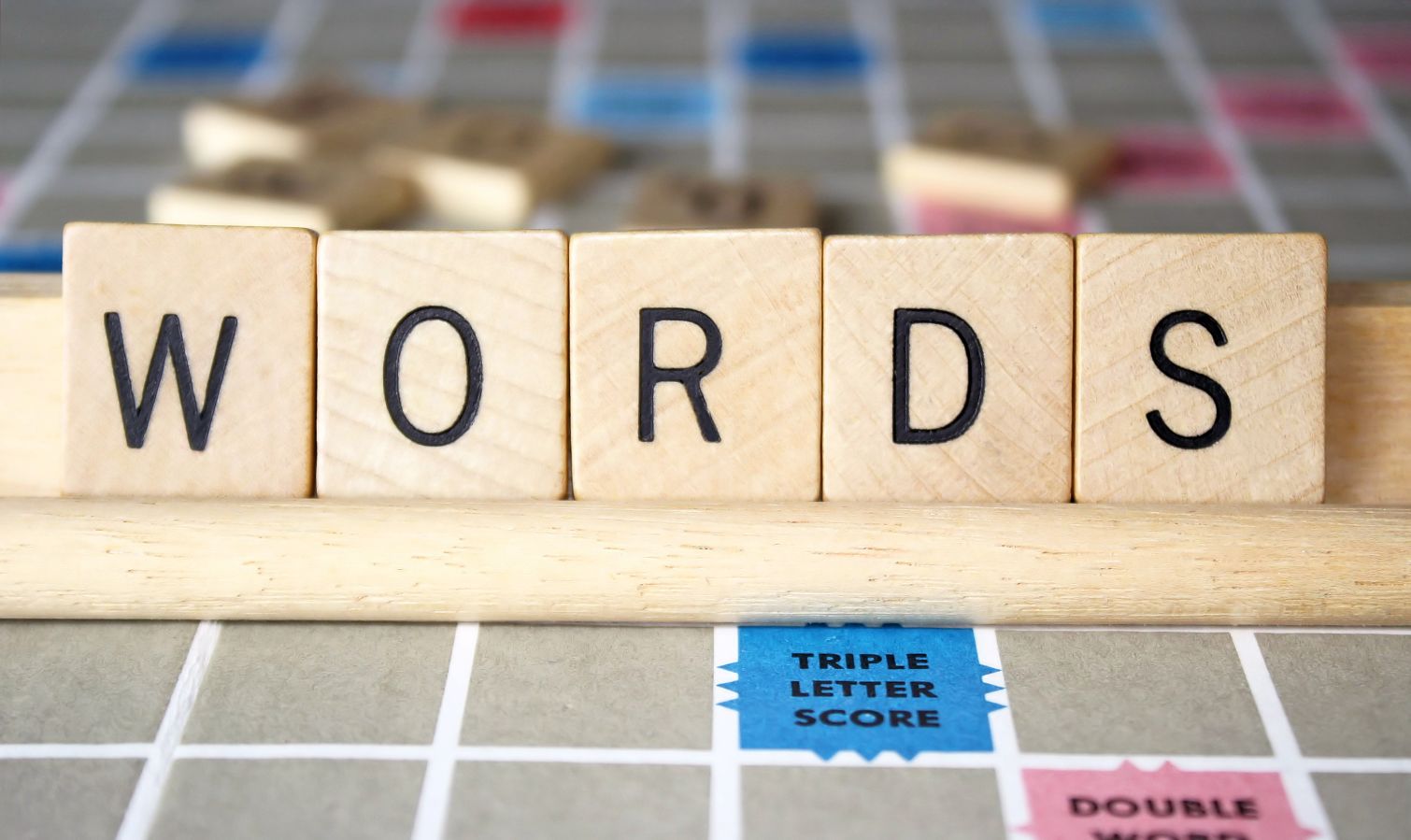
Picture / Supplied.
Picture / Supplied.
The term ‘Tu meke,’ meaning ‘too much’ or ‘astonishing’ is used by Pakeha and Maori alike, while ‘half pie’ refers to something which has only been half done, or half-baked. ‘Puckarooed’ is a corruption of the Maori word ‘pakaru’, meaning the car is ‘broken’ or ‘ruined,’ which is another way of saying the same car has ‘sucked the kumara.’
Geez, Wayne, come to think of it, National Leader Simon Bridges could write his own book on Kiwi-isms, given his very strong New Zealand accent, then again who said anything about rules?
Surely the next best thing is the beaut new board game ‘Kiwi Scrabble’ from the Warehouse, because if the Americans found humor in dropping the letter ‘u’ from all manner of words, what was to stop Kiwis from calling courgettes ‘zucchinis,’ face cloths ‘flannels,’ cling film ‘glad wrap,’ swimming shorts ‘togs,’ or sweets ‘lollies?’
We’re Kiwis. Like it or (pineapple) lump it. We got this. Alguds?
Yeah, hard, primo, mean as.
